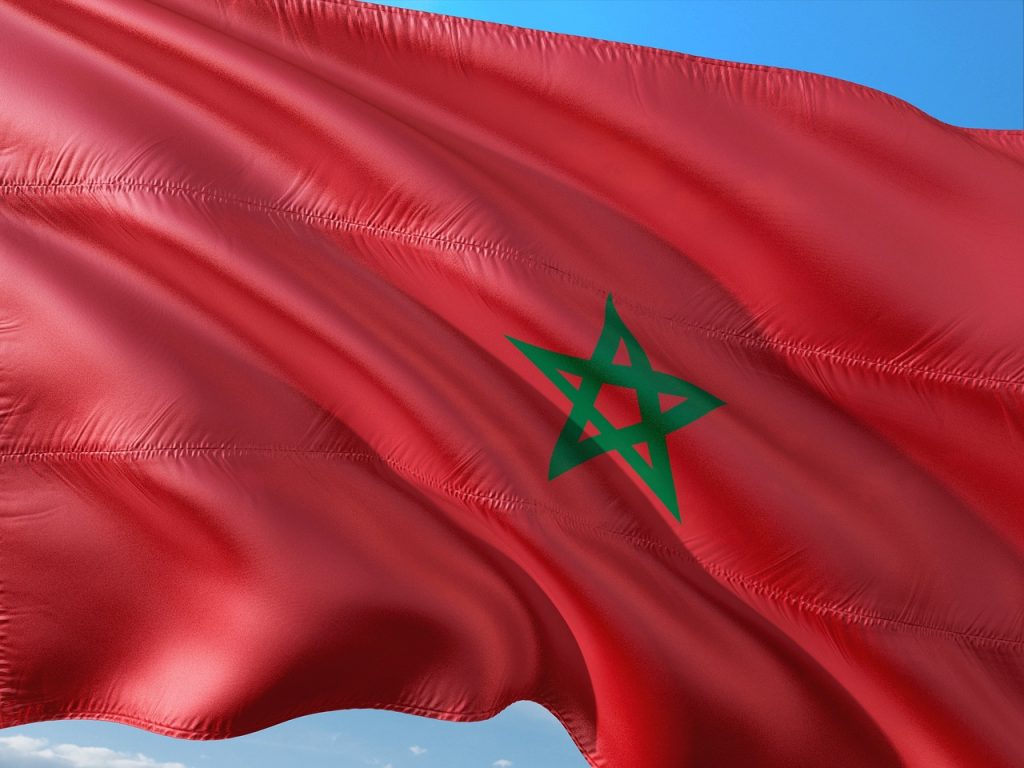As global energy markets accelerate their pivot toward clean technologies, Morocco is strategically positioning itself to capitalize on emerging sectors, notably electric vehicle (EV) batteries and green hydrogen.
At a national symposium held in Rabat this week, Industry and Commerce Minister Ryad Mezzour underscored the central role of industrial diversification in Morocco’s broader economic agenda, stressing the country’s readiness to anchor future supply chains in these high-growth areas.
Morocco’s current industrial backbone encompasses agri-food, automotive manufacturing, aeronautics, pharmaceuticals, and textiles. However, it is the confluence of raw material availability, existing industrial infrastructure, and geopolitical proximity to Europe that has thrust EV battery manufacturing and green hydrogen production into national strategic focus.
Mezzour emphasized that Morocco possesses all the prerequisites to develop an integrated EV battery value chain, citing growing investor interest and policy momentum. In parallel, the kingdom’s green hydrogen ambitions are tightly linked to European decarbonization goals. With hydrogen demand projected to soar in Europe due to its REPowerEU strategy and emissions targets for hard-to-abate sectors, Morocco’s renewable resources—solar irradiation, wind capacity, and land availability—offer a cost-competitive basis for large-scale hydrogen exports.
Morocco’s industrial transformation has been in motion for over two decades, aligning with the strategic directives of King Mohammed VI. Since 2000, industrial exports have increased fivefold, reaching nearly MAD 398 billion (€36 billion) in 2024, accounting for 88% of national exports. This export trajectory has been matched by a threefold increase in foreign direct investment in industry, totaling MAD 16.5 billion in 2024.
That upward trajectory reflects more than just industrial output. According to Bank Al-Maghrib Director of Economic Studies Mohamed Taamouti, Morocco’s investment-to-GDP ratio stands at approximately 30%, outpacing the global average of 25.2%. The high investment share signals the government’s deliberate strategy to underwrite long-term infrastructure, innovation, and human capital.
Multilateral institutions are also taking note. World Bank representative Javier Diaz Cassou highlighted Morocco’s sustained socio-economic progress, anchored by political stability, a predictable regulatory environment, and a sound macroeconomic framework. These factors, he noted, position Morocco as one of the more resilient investment destinations in the Global South, particularly in sectors aligned with the global energy transition.
The national symposium convened policymakers, economists, and business leaders to explore the interplay between macroeconomic policy, labor dynamics, and territorial governance. With unemployment and workforce development remaining persistent challenges, particularly among youth and in rural areas, the forum stressed the need to align industrial policy with skills development and regional inclusion strategies.
Stay updated on the latest in energy! Follow us on LinkedIn, Facebook, and X for real-time news and insights. Don’t miss out on exclusive interviews and webinars—subscribe to our YouTube channel today! Join our community and be part of the conversation shaping the future of energy.
